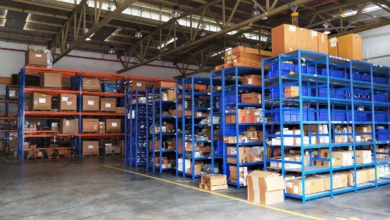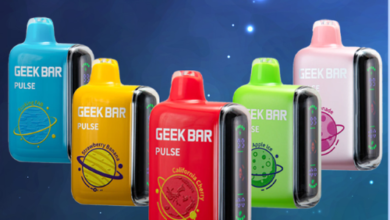“Silicon Carbide Tubes: A Versatile Solution for High-Temperature Challenges”

Introduction
In the pursuit of more efficient and reliable high-temperature processes, industries have turned to innovative materials like Silicon Carbide (SiC). Among the various SiC-based products, Silicon Carbide tubes stand out as a versatile solution for a wide range of high-temperature challenges. This article explores the diverse applications and advantages of Silicon Carbide tubes, showcasing how they are revolutionizing industrial processes.
- Versatility of Silicon Carbide Tubes
Silicon Carbide tubes come in various shapes and sizes, making them versatile for different applications. They can be produced in straight, U-shaped, or custom designs to meet specific process requirements. This adaptability allows engineers and manufacturers to tailor the tubes to suit their needs accurately.
- High-Temperature Applications
a. Heat Treatment: Silicon Carbide tubes are generally utilized in heat treatment processes for metals, earthenware production, and different materials. They can keep a steady temperature climate, empowering exact and predictable intensity therapy, bringing about great items.
b. Induction Heating: In induction heating systems, Silicon Carbide tubes serve as excellent heating elements. Due to their high thermal conductivity, they efficiently transfer heat to the target material, making them indispensable in various industrial applications.
c. Combustion Chambers: Silicon Carbide tubes find applications in combustion chambers, where they withstand extreme temperatures and offer resistance to chemical corrosion, enhancing the overall combustion efficiency.
d. Molten Metal Handling: Silicon Carbide tubes are used in the handling of molten metals and alloys. Their exceptional resistance to thermal shock and mechanical strength prevent cracks and failures, ensuring safe and efficient metal processing.
- Benefits of Silicon Carbide Tubes
a. Energy Efficiency: Silicon Carbide tubes’ excellent thermal conductivity results in reduced energy consumption and shorter heating/cooling cycles, leading to enhanced energy efficiency in high-temperature processes.
b. Extended Lifespan: The outstanding abrasion and wear resistance of Silicon Carbide tubes contribute to their extended lifespan, reducing maintenance costs and downtime.
c. Chemical Compatibility: Silicon Carbide is chemically inert to many aggressive substances, making the tubes suitable for handling corrosive chemicals and gases in various chemical processes.
d. Lightweight: Despite their exceptional mechanical strength, Silicon Carbide tubes are relatively lightweight compared to conventional refractory materials, making them easier to handle and install.
- Advancements in Silicon Carbide Technology
As research and development in materials science progress, the properties of Silicon Carbide tubes are silicon carbide heating elements improving. Advanced manufacturing techniques and the incorporation of nanotechnology are enabling the production of even more robust and high-performance tubes.
Conclusion
Silicon Carbide tubes have emerged as a versatile and innovative solution for overcoming high-temperature challenges in diverse industries. Their ability to withstand extreme temperatures, excellent thermal conductivity, and chemical resistance make them invaluable in numerous applications, from heat treatment to induction heating and molten metal handling. As technology continues to evolve, Silicon Carbide tubes will likely play an increasingly critical role in driving efficiency and reliability in high-temperature industrial processes.





